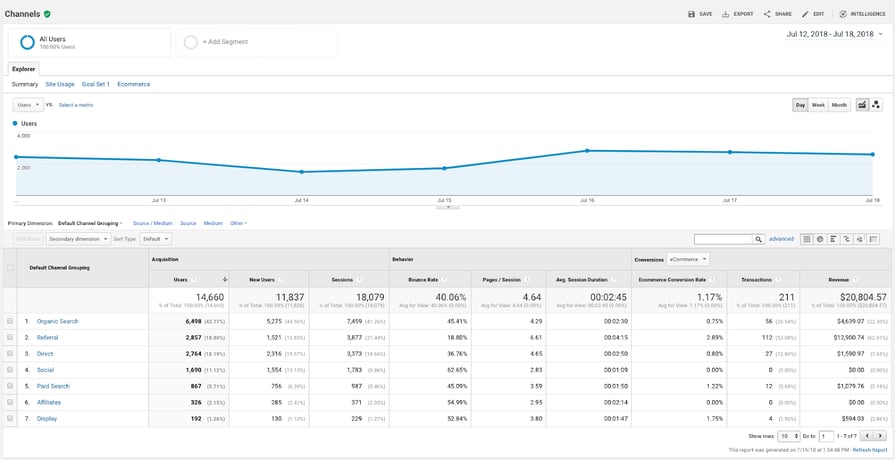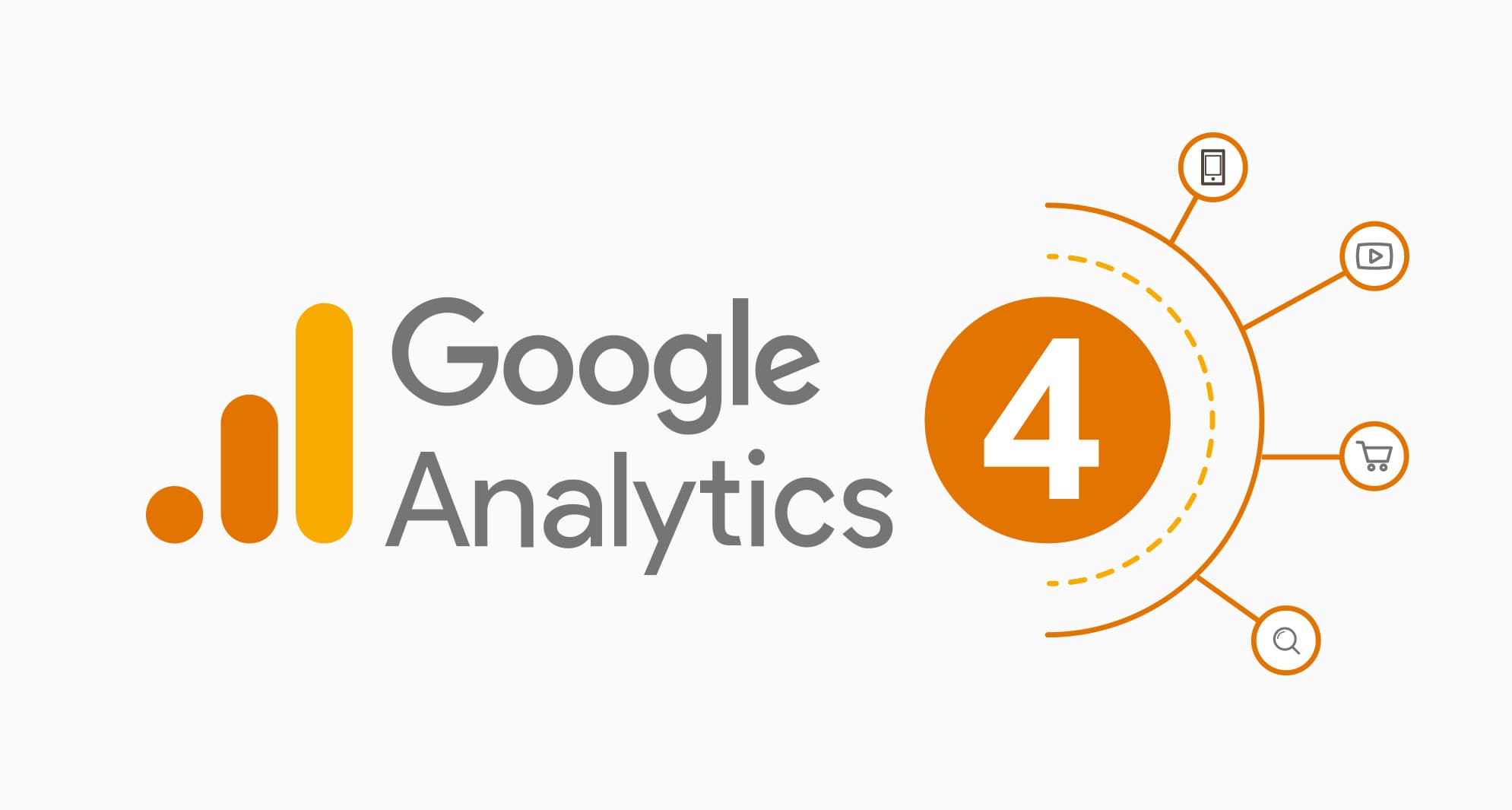Professional Tips on When Does the Google Analytics Tracking Code Send an Event Hit to Analytics for Improved Data Accuracy
Professional Tips on When Does the Google Analytics Tracking Code Send an Event Hit to Analytics for Improved Data Accuracy
Blog Article
Master Internet Site Insights With Accurate Google Analytics Tracking Code
The effective application of Google Analytics hinges on the specific application of its monitoring code, an essential action commonly neglected by internet site owners. What are the usual mistakes that could threaten your monitoring efforts, and just how can you guarantee precision in your approach?
Comprehending Google Analytics Essentials
Google Analytics is a necessary tool for internet site owners and marketing experts, offering invaluable insights into user habits and website performance. At its core, Google Analytics gathers information regarding site visitors to a website, enabling individuals to analyze metrics such as web traffic resources, customer engagement, and conversion rates. Recognizing these principles is essential for enhancing an internet site's effectiveness and improving individual experience.
The system uses cookies to track communications, recording information such as page views, session periods, and bounce prices. This details is accumulated and offered via customizable dashboards, allowing individuals to picture fads with time. Key performance indicators (KPIs) can be kept track of, such as the total number of users, new versus returning visitors, and the geographic circulation of the target market.
In Addition, Google Analytics supplies division functions, enabling individuals to isolate specific traffic sources or customer demographics for even more targeted evaluation. By grasping these fundamental aspects, site owners can make informed decisions regarding content strategy, marketing projects, and overall site improvements. Ultimately, recognizing Google Analytics essentials is necessary for leveraging information to drive growth and achieve organization purposes efficiently.
Establishing Your Monitoring Code

Duplicate the supplied tracking code and paste it into the HTML of your website. Ideally, this code needs to be positioned in the header area of every page you wish to track. This guarantees that the tracking code lots prior to any type of other content, permitting it to record information precisely. If you are using a material administration system (CMS) like WordPress, there are plugins offered that simplify the integration procedure.
After installation, validate that the tracking code is operating correctly by utilizing Google Tag Assistant or the Real-Time records in Google Analytics - when does the google analytics tracking code send an event hit to analytics?. This step is important to verify that your data collection is energetic and accurate, establishing the foundation for informative evaluation
Typical Tracking Code Issues
This may take place when the monitoring code is placed in the wrong section of the site's HTML, frequently leading to missing or insufficient data. Additionally, having several circumstances of the monitoring code on a solitary web page can result in inflated metrics, as customer interactions may be counted extra than once.
Another problem emerges from using advertisement blockers, which can prevent the monitoring code from implementing altogether, hence skewing data. when does the google analytics tracking code send an event hit to analytics?. In addition, failure to configure filters properly can cause the exclusion of essential web traffic resources or the addition of unwanted recommendation spam, distorting the data accumulated
Internet site proprietors may also ignore the value of monitoring code updates, particularly when migrating to Google Analytics 4 (GA4) from Universal Analytics. Finally, insufficient testing prior to releasing adjustments can lead to undiscovered errors in the tracking code, better making complex data reliability. Addressing these usual concerns is vital for making sure precise tracking and informative analytics.
Analyzing Internet Site Information Efficiently
Accurate information collection is only the initial step in leveraging Google Analytics; the genuine value hinges on successfully examining that data to drive enlightened decision-making. To accomplish this, it is necessary to identify key efficiency indicators (KPIs) that straighten with your service goals. Concentrate on metrics such as conversion rates, customer interaction, and website traffic resources, as these will certainly supply insights right into user habits and the overall performance of your site.
Making Use Of Google Analytics' segmentation attributes enables a much deeper understanding of your audience. By breaking down information right into details demographics, habits, and traffic channels, you can reveal patterns and patterns that educate targeted techniques. Applying customized records and dashboards can enhance this process, allowing fast access to significant information.
Furthermore, regularly examining information trends in time aids to identify anomalies and chances for improvement. Use visualization devices to existing data in an easily digestible style, facilitating much more efficient interaction with stakeholders. Inevitably, the ability to evaluate web my website site information properly encourages businesses to make tactical decisions that improve individual experience, enhance advertising and marketing initiatives, and drive development.

Ideal Practices for Accurate Monitoring
Executing reliable tracking techniques is important for obtaining trusted data in Google Analytics. To ensure exact tracking, start by correctly mounting the Google Analytics tracking code on every page of your website. This can be accomplished through a tag manager or by directly installing the code right into the HTML.
Next, configure your Google Analytics account to leave out internal web traffic. This can be done by establishing up filters that recognize and eliminate sees from your organization's IP address, thus stopping manipulated data. Additionally, use occasion monitoring to monitor particular individual communications, such as downloads or video clip plays, which standard page views may neglect.
Consistently audit your Extra resources tracking setup to verify that all functions, such as goals and ecommerce tracking, are working appropriately. Develop a regular identifying convention for your occasions and projects to promote easier coverage and evaluation.
Last but not least, take into consideration leveraging UTM parameters for projects to obtain understandings right into the efficiency of different advertising efforts. By following these best practices, you can boost the precision of your information collection and evaluation, eventually resulting in more informed decision-making for your internet site.
Verdict
By making certain the tracking code is appropriately put and routinely examined, site proprietors can capture crucial user communication data, therefore facilitating the identification of vital performance signs. Ultimately, a robust monitoring framework improves the capacity to drive engagement and enhance overall web site efficiency.
Not enough screening before launching changes can result in undetected mistakes in the tracking code, even more making complex information dependability.Executing effective monitoring methods is important for obtaining reliable information in Google Analytics. By guaranteeing the tracking code is appropriately put and routinely examined, web site owners can capture essential individual interaction information, thus facilitating the recognition of essential efficiency signs.
Report this page